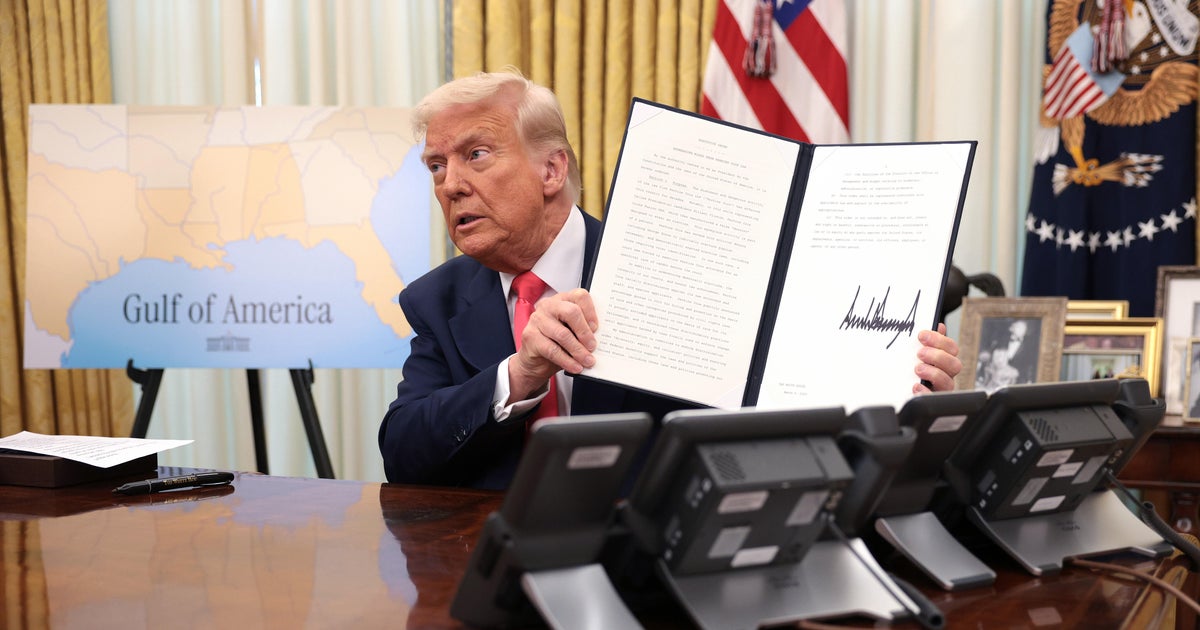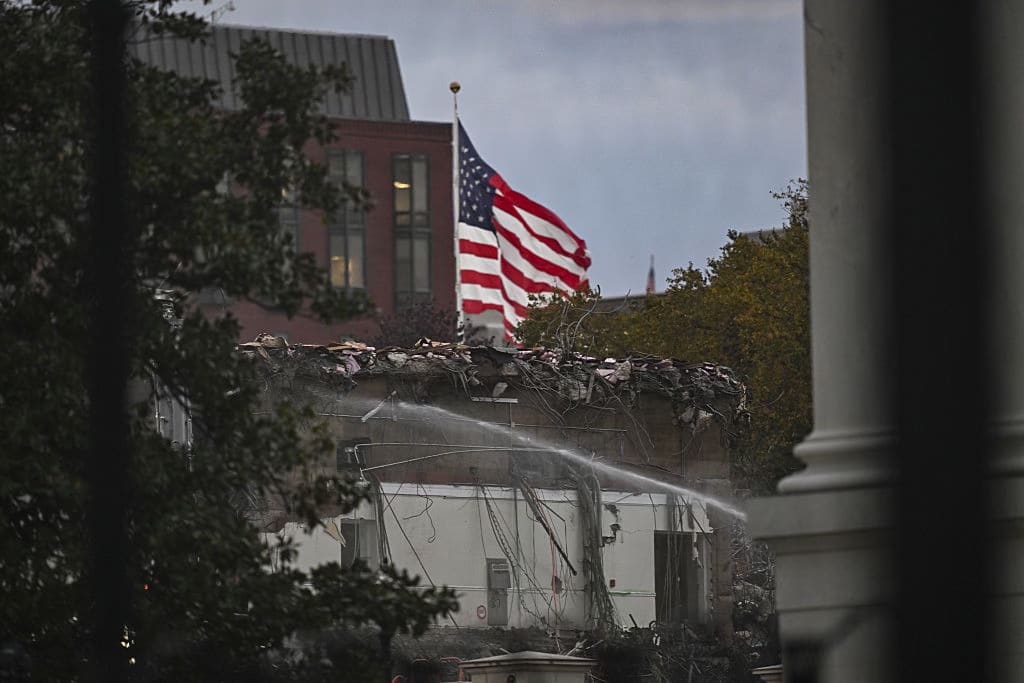Paris climate agreement: Tech giants say "We are still in"
Some of the biggest names in technology — from Apple to Amazon, Google, Lyft and Spotify — have jumped on board the growing movement of businesses and civic organizations committed to honoring the Paris Agreement on climate change, regardless of the U.S. government's lack of support. The announcement comes days after President Trump announced his decision to withdraw from the landmark deal signed by 195 nations.
"In the absence of leadership from Washington, states, cities, colleges and universities and businesses representing a sizeable percentage of the U.S. economy will pursue ambitious climate goals, working together to take forceful action and to ensure that the U.S. remains a global leader in reducing emissions," the coalition, which now consists of more than 1,000 cities, counties, states, universities and businesses, said in a statement released Monday.
Going by the name "We Are Still In," the coalition called itself "the broadest cross section of the American economy yet assembled in pursuit of climate action." It includes states like New York and California and more than a dozen Fortune 500 companies.
The effort is led by philanthropist and former New York City mayor Michael Bloomberg.
"In the absence of a supportive federal coordinating role, [city, state, business, and civil society] actors will more closely coordinate their own decarbonization actions. Collectively, they will redouble their efforts to ensure that the U.S. achieves the carbon emissions reductions it pledged under the Paris Agreement," Bloomberg wrote in a letter to the United Nations secretary-general.
He added: "We do not intend to slow down."
The philanthropist has promised to contribute the $15 million the United Nations climate change secretariat now stands to lose from Washington.
The president's decision to pull out of the Paris Agreement, which allows individual countries to set their own targets for reducing carbon emissions, has dramatically increased pressure on city, state and private sector leaders to do more to fight global warming within their own domains — beginning a new and complex chapter in the U.S. fight against climate change.
But despite growing participation, the newly formed coalition was short on specific institutional commitments to lower carbon emissions. Bloomberg said he will take the lead on coordinating specific, quantifiable commitments in the coming months.
So far, pledges have largely come from cities and states: in the days since the president's announcement, 211 U.S. mayors have pledged to follow Paris Agreement standards for their cities and nine U.S. governors have formed a "climate alliance" to coordinate statewide action.
Cities and states can take steps to reduce emissions within their borders in multiple ways. For instance, local and state governments can do business with utilities that heavily rely on renewable energy and can invest in public transit over single-vehicle infrastructure.
California, with the world's sixth-largest economy, is using that clout to make deals of its own. In Beijing Tuesday, California Governor Jerry Brown signed an agreement with China pledging to work together on reducing emissions and developing so-called green technologies.
"Nobody can stay on the sidelines. We can't afford any dropouts in the tremendous human challenge to make the transition to a sustainable future," Brown told The Associated Press. "Disaster still looms, and we've got to make the turn."
Lynelle Cameron, president of the Autodesk Foundation, expressed optimism that business leaders appear to be moving off the sidelines on climate change.
"In Trump's first few months in office, he has done more to catalyze and motivate the private sector than Hurricane Katrina or Sandy, or the work of talented environmental organizations put together," Cameron wrote in an op-ed for CNBC. "Trump's latest decision will activate the private sector like we've never seen before."
Two prominent business leaders, Tesla and SpaceX CEO Elon Musk and Disney chairman Bob Iger, resigned from the White House business advisory council last week to protest the president's decision.




